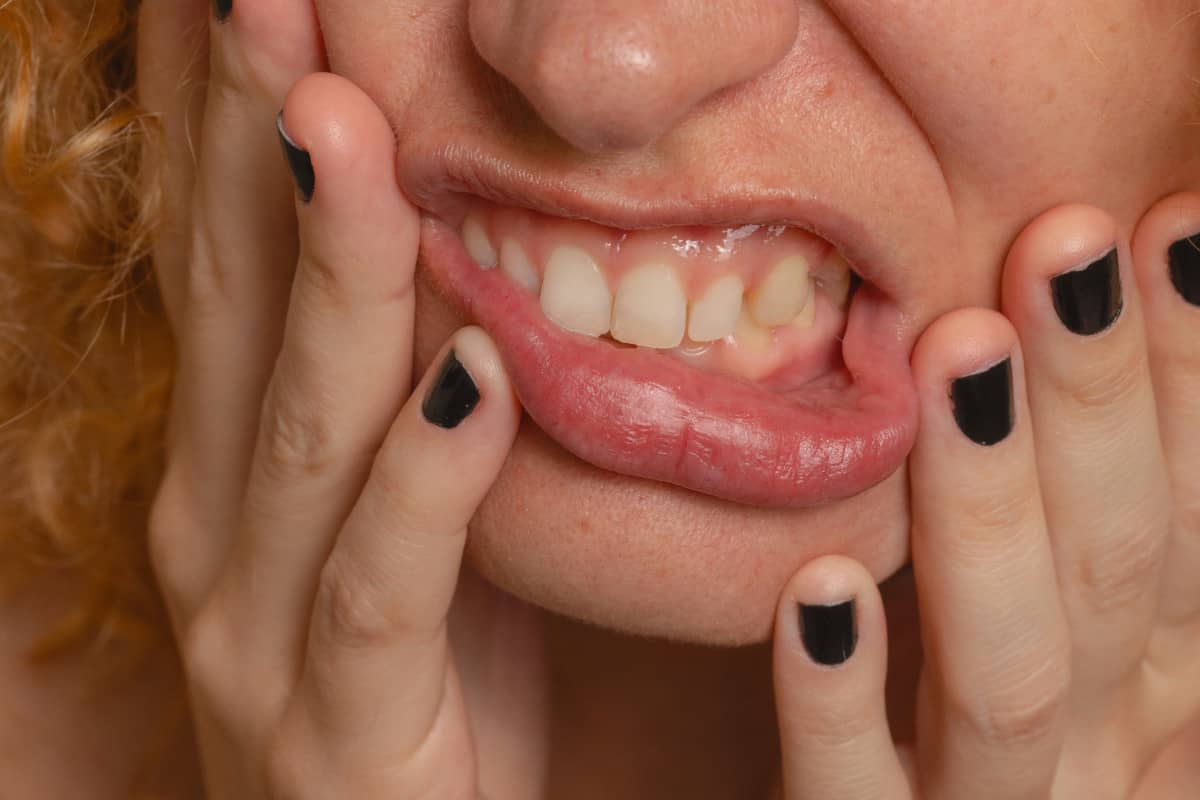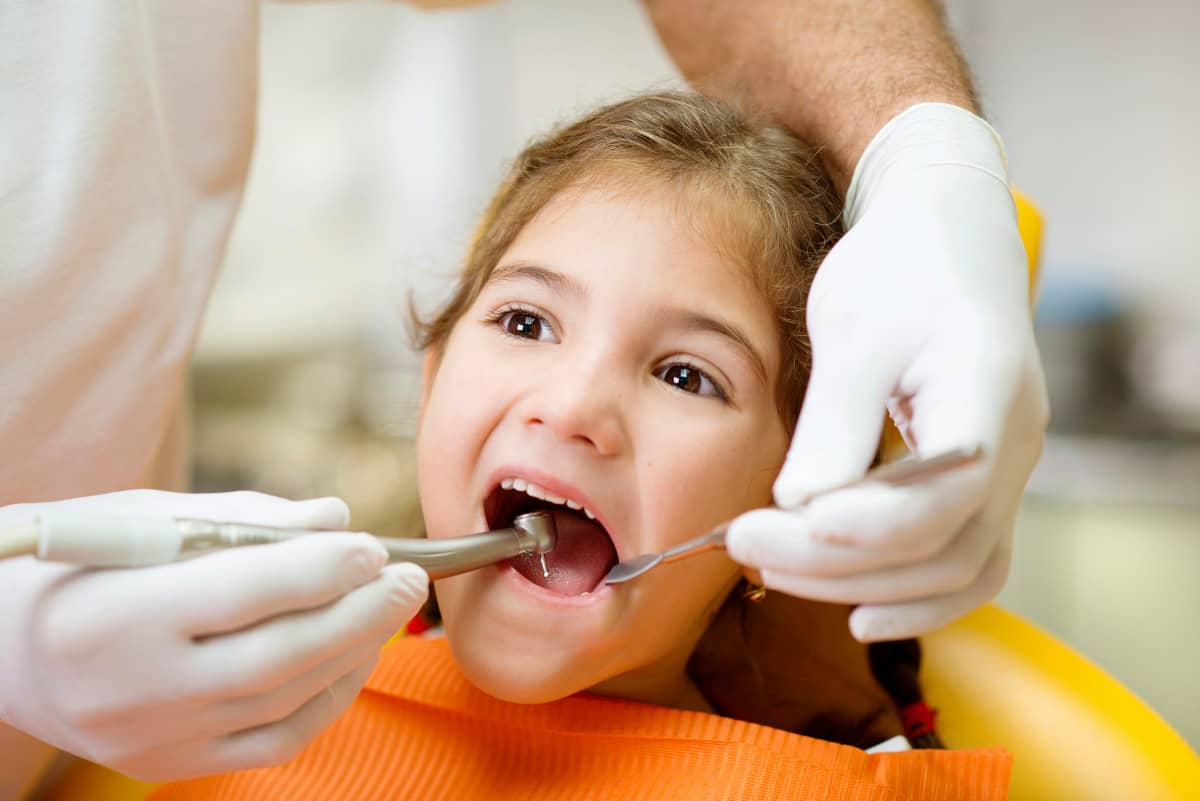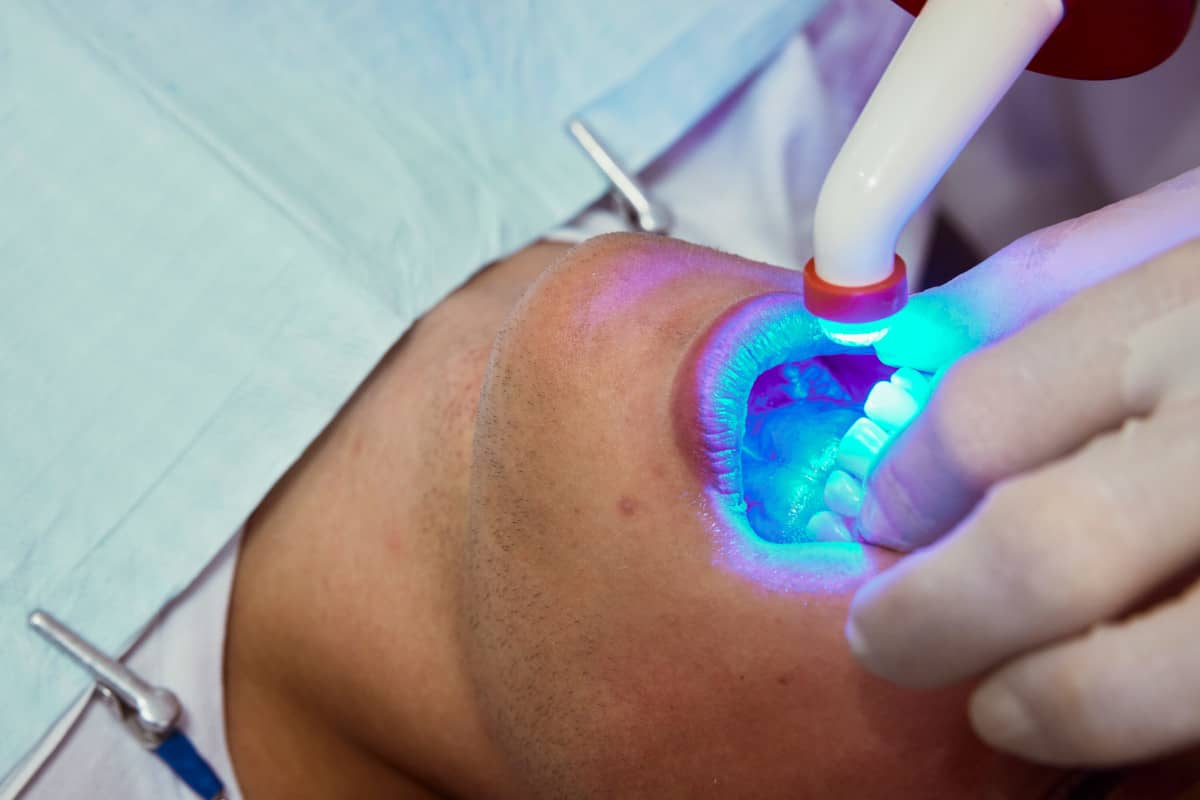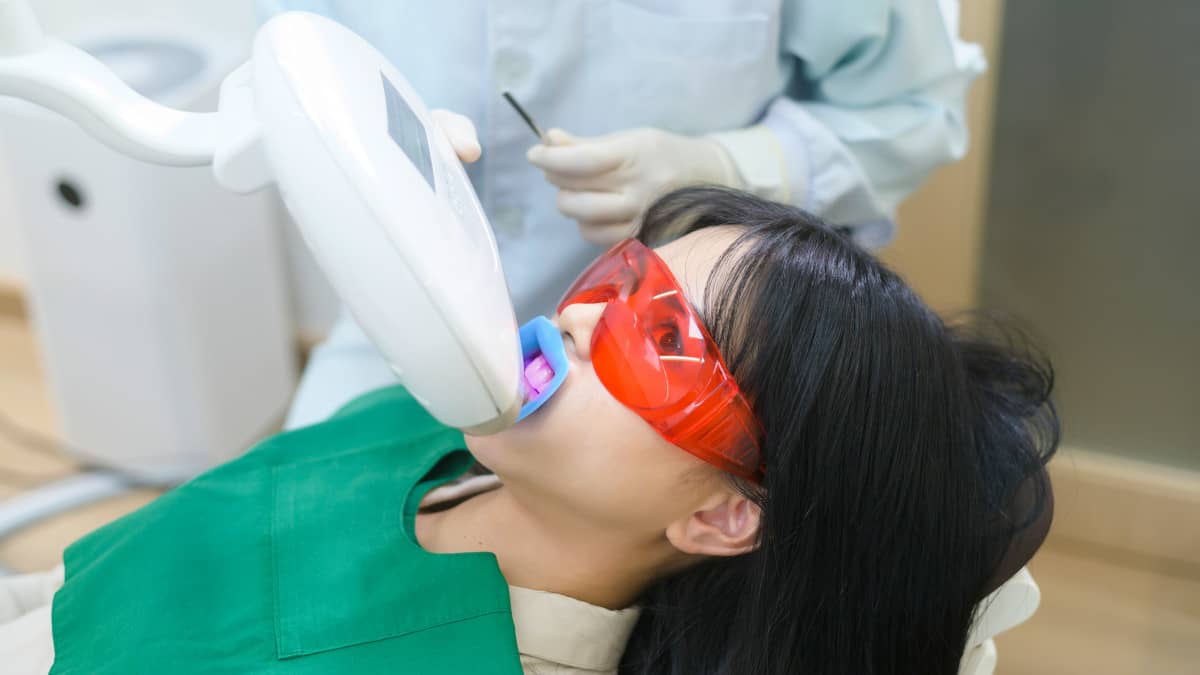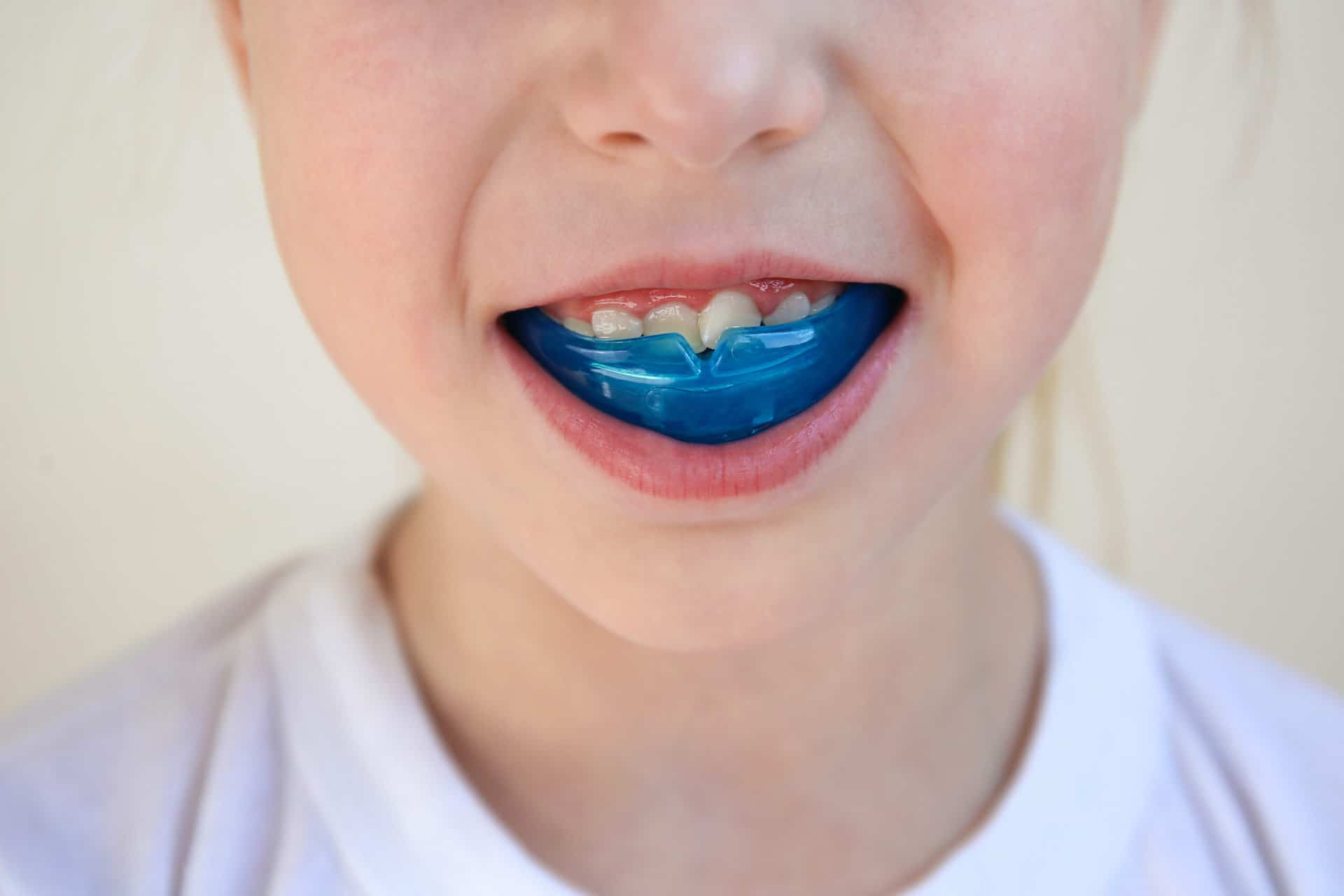
Meet the mouthguard
It was in the Rocky saga films when, taking blows from his opponent, he would show a whitish line between his teeth that projected his mouth forward, forming that characteristic image of the boxer.
On the final blow, and in slow motion, something flew in front of his face. The fall of the mouthguard marked the boxer’s final defeat.
What do you know about the mouthguard?
What you should know about mouthguards
- What is a mouthguard and what is it for?
- What are the different types of mouthguards?
- When should a mouthguard be used?
- How do I care for my mouthguard?
- What do I do if I break a tooth?

What is a mouthguard and what is it for?
Mouthguards are jaw-shaped plastic devices that, when worn inside the mouth, protect the teeth, part of the face and jaw from trauma.
What are the types of mouthguards?
There are different mouthguards available to users, depending on their quality and adjustability.
Prefabricated mouthguards
These are industrially manufactured mouthguards made of rubber or plastic.
Advantages. Purchased in a pharmacy or sports shops, they are easy to use as they do not require any preparation. They are cheaper than other mouthguards.
Disadvantages. Users complain of lack of fit, which interferes with breathing and speech, they fall out frequently and need to be replaced relatively quickly due to wear and tear.
Semi-fitted mouthguards
The main feature of these mouthguards is that they require boiling to fit the wearer’s teeth. Often used for children and orthodontic wearers.
Advantages. Better adjustment to the bite of each user, gaining in comfort and protection.
Disadvantages. Like prefabricated ones, they suffer rapid wear and tear.
Vacuum-formed mouthguards
This is already a mouthguard that is custom-made in the dentist’s office.
Advantages. Made to measure, the adjustment to the bite of each user is complete.
Disadvantages. Again, as they are made of thin acetate, they also suffer rapid wear.
Press laminated mouthguards
Like the previous one, this mouthguard is custom-made in the doctor’s office. However, it is made of a thicker material.
Advantages. Made to measure, the fit to the bite of each user is complete, so they do not interfere with breathing and speech, nor do they fall out. Therefore, the protection capacity is much higher and the durability is much greater.
Disadvantages. Their cost is the highest of the exposed protectors.
When should a mouthguard be used?
In spite of the fact that in the introduction we have linked the protector to sports practice, in this case boxing, a mouthguard also has other uses that we will see below.
Mouthguard for sports
Indeed. Used in the practice of violent sports or contact sports, the protector acts as a protective element for the teeth. The protection against cracks or breaks in the teeth that can lead to tooth loss is produced by absorbing impacts on the jaw or upper jaw.
In this case it is recommended to use mouthguards that fit perfectly to the anatomy of the athlete’s mouth for comfort and complete protection: teeth, jaw and inside of the cheeks.
The protection it provides goes beyond the teeth, also protecting against loss of consciousness, neck injuries or brain haemorrhages.
Bruxism mouth guard
Also known as mouth guards, mouth guards are designed to protect the teeth from night-time grinding in people who suffer from bruxism.
There are many types of splints and, depending on the type of pathology, one or another will be necessary. It is therefore important that the specialist determines the correct type of splint according to the diagnosis made, and that the patient does not risk using an inappropriate one.
Care required for the mouthguard
- Before use, brush your mouth to limit the transfer of bacteria to the mouthguard.
- Clean it after each use, using a different hard bristle brush than the one you use for your oral hygiene, plenty of fresh water and soap.
- Before storing, soak it in alcohol-free mouthwash.
- Show your mouthguard to your dentist to check and certify that it is still working.
- Store it in a ventilated container to keep bacteria away.
- Do not bend it as it will become deformed and lose its function.
- Keep it away from heat sources such as solar radiation. Do not use hot water to wash it. All this could deform it, so it would lose its functionality.
- If it shows signs of wear or breakage, you should consult your dentist or replace it directly.
- Do not exchange the protector with other people, and do not use theirs yourself.
What do I do if a tooth breaks?
If one of your teeth breaks even though you have taken the appropriate measures, or because you have not done so, you should know that in many cases the tooth can be reconstructed using composite or dental veneers.
Call your dentist who will give you instructions to follow before you go to the surgery so that, once you have been checked, he or she can advise you on the appropriate treatment for the recovery of the tooth if possible.

